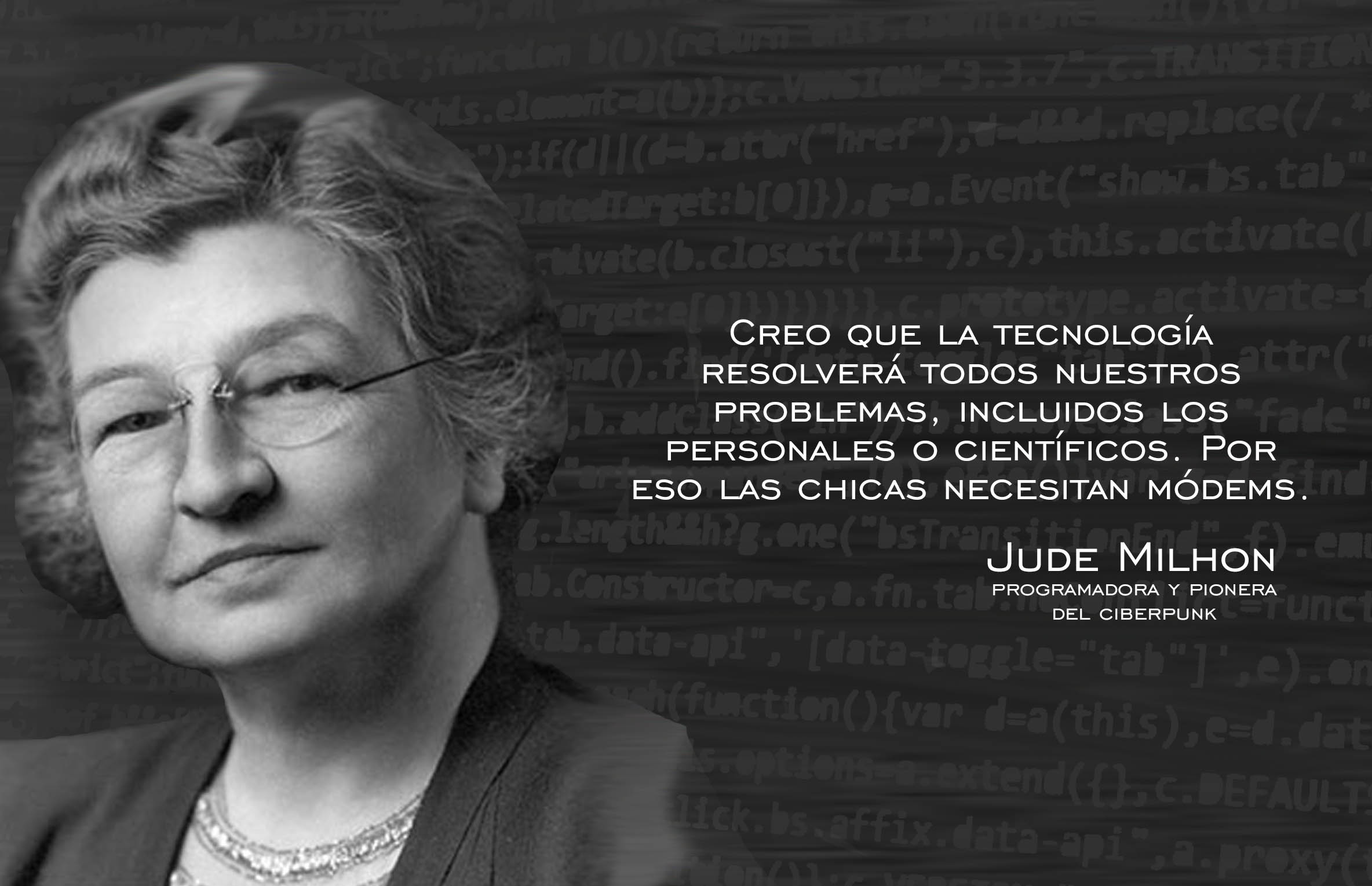Currently, there are many programming languages, several of these languages we owe precisely to Niklaus Wirth, who is considered the father of modern programming as we know it today.
Niklaus Wirth was born on February 15, 1934, in Switzerland. In 1959, he graduated as an Electrical Engineer. A year later, he obtained a Master of Science degree from the University of Laval, in Canada. In 1963, he obtained his doctorate in electrical engineering and computer science at the University of California at Berkeley. He served as an assistant professor at Stanford University in the Department of Computer Science from 1963 to 1967. He then returned to Switzerland to serve as a professor at the Federal Institute of Zürich, where he continued to work until his retirement. Him in 1999.
Contributions
Wirth was the lead designer of the programming languages Euler, Algol W, Pascal, Modula, Modula-2, Oberon, Oberon-2 and Oberon-07, and the Pascal Component. He received the Turing Award for the development of these programming languages in 1984.

Professor Wirth not only designed programming languages, but also designed hardware, using the strengths of his programming languages with a suitable platform. The first computer was called Lilith. About 100 were built in 1980, which were in use at ETH for about ten years and were then replaced by the “Ceres” workstation.
Lilith was one of the first computers to be considered a workstation worldwide, with a high-resolution graphical display and mouse. All Lilith system software was written in Modula-2.
He also worked on the Lola design and simulation system, with the aim of teaching students when he was a professor at ETH Zürich. The purpose of Lola is to statically describe the structure and functionality of hardware components and the connections between them.
Publications and awards
Niklaus Wirth published several books, including:
- The Pascal User’s Manual and report was co-written with Kathleen Jensen in 1970.
- Data structures Algorithms + = Programs in 1975
- Systematic programming: an introduction
Furthermore, his article “Development of Refinement Programs by Steps”, on the teaching of programming, is a classic text in Software Engineering, a science where his work has also been recognized, mainly for the design of algorithms and programming structures. Data.
In 1987 he received the Computer Pioneer Award from the IEEE.
In 1994, he was admitted as a member of the ACM and also an honorary member of the National Academy of Engineering of the United States.
Wirth was undoubtedly an exemplary teacher and an outstanding scientist who has been able to enjoy his achievements in his retirement.
He died on January 1, 2024, at the age of 100.
Honors, awards and memberships (selection)
- 1984: Turing Awards
- 1988: IEEE Computer Society Computer Pioneer Award
- 1988: IBM Europe Science and Technology Award
- 1995: Pour le mérite for the sciences and the arts [1]
- 1999: ACM Sigsoft Outstanding Research in Software Engineering Award
- 2001: Namer of asteroid (21655) Niklauswirth
- 2002: Eduard Rhein Foundation Technology Prize
- 2007: Election to the European Academy
Computer science students and programmers thank you for your invaluable contributions. This article serves as a tribute to Niklaus Wirth , the father of modern programming.
To learn more about programming languages, we recommend this article.
Information taken from the ETH historical website






